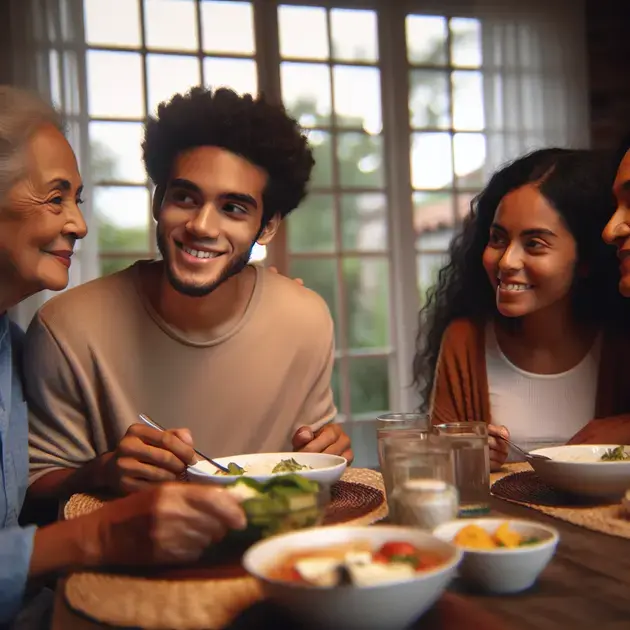Making a Good Impression: Meeting Your Japanese Girlfriend’s Parents
Meeting your girlfriend’s parents can be a nerve-wracking experience, especially when cultural differences and language barriers come into play. If you’re planning to visit Japan to meet her family, preparation is key to making a positive impression. Here are some tips to help you navigate this important occasion successfully.
Understand Cultural Norms
- Politeness and Respect: In Japanese culture, showing respect is paramount. This often involves courteous greetings, bowing slightly when meeting someone, and using polite language. A small gesture like bowing your head can go a long way in demonstrating your respect for her parents.
- Gift-Giving Etiquette: It is customary in Japan to bring a small gift when visiting someone’s home. This is viewed as a thoughtful gesture. Consider something representative of your culture or a delicacy from your area. Presenting this gift with both hands is a sign of respect.
- Dining Etiquette: If you’re invited to a meal, wait for her parents to invite you to start eating. Familiarize yourself with basic chopstick etiquette, like avoiding sticking them upright in rice, which resembles funeral practices.
Communication Tips
- Use Basic Japanese: While your Japanese may be limited, even small phrases can demonstrate your effort and respect for the language and culture. Simple greetings or expressions of gratitude can make a big difference. Practice key phrases like “Thank you” (ありがとう, arigatou) or “It’s nice to meet you” (初めまして, hajimemashite).
- Rely on Your Girlfriend: Since your girlfriend’s English is good, don’t hesitate to lean on her for communication. She can help bridge the gap, translating when needed and facilitating the conversation to make it more comfortable for everyone.
- Non-Verbal Communication: Pay attention to body language. A smile and eye contact can convey warmth and sincerity, even if words fail you. Avoid excessive gestures that may be misinterpreted and maintain a calm demeanor to show that you are approachable and respectful.
Building a Connection
- Show Genuine Interest: Ask questions about their family, traditions, or even about Japan. This displays your interest in their culture and helps you engage more deeply with them. Make sure your questions are respectful and appropriate for family discussions.
- Talk About Your Relationship: Share your feelings about your girlfriend and your time together. This can reassure her parents about your commitment and sincerity. They will likely appreciate knowing how much she means to you.
- Be Yourself: Authenticity is important. Although you want to impress them, be genuine in your interactions. Share your personality and let them see the real you, which will help in establishing trust and rapport.
Things to Avoid
- Avoid Sensitive Topics: Certain subjects can be sensitive. Politics, religion, or personal issues are best left out of initial conversations. Stick to lighter topics that can foster a friendly atmosphere.
- Don’t Rush: In Japanese culture, building relationships takes time. Don’t pressure yourself or them for immediate acceptance. Allow the relationship to develop naturally during your visit.
- Avoid Being Loud or Overly Assertive: Modesty and humility are valued traits. It’s important to refrain from being overly expressive or loud. A calm, composed demeanor will be more appreciated.
Conclusion
Meeting your girlfriend’s parents in Japan presents a unique opportunity to create lasting impressions and build relationships. By understanding cultural norms, communicating effectively, showing genuine interest, and respecting their traditions, you can pave the way for a warm reception. Remember, the goal is to demonstrate your sincerity and commitment to their daughter; with preparation and a positive attitude, you’ll likely make a great impression.









